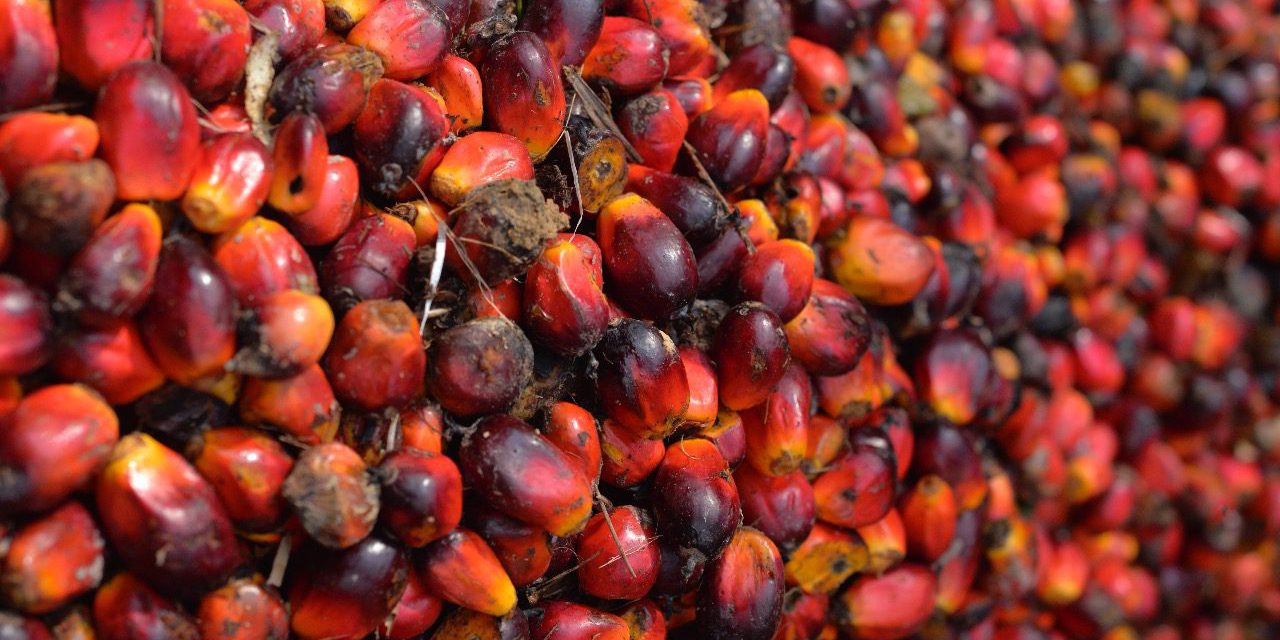The German confectionery industry has reaffirmed its position of supporting ethically monitored production methods across the value chain, including palm oil processing – which is now reportedly 94% certified from sustainable sources, writes Neill Barston.
According to the figures from the country’s Federal Association of confectionery (BDSI), studies from Meo Carbon Solutions have shown that the nation offers a leading example on environmental awareness within the wider sweets and snacks sector.
The results of a recent report published by the Forum for Sustainable Palm Oil (FONAP) described palm oil as being ‘irreplaceable’ in terms of both quality and quantity in terms of its benefits to the confectionery sector as a whole, and asserted that businesses are focusing their efforts on sustainable use of such supplies.
As the BDSI noted, there has been continued industry discussion on palm oil and palm kernel oil in the German confectionery sector in relation to total consumption used both nationally and worldwide. The majority of the palm oil consumed by the country comes from the Bioenergy area.
Furthermore, the organisation noted that there are now a number of internationally recognised ones for the cultivation of sustainable palm oil standards. These include, among others, requirements barring clearing the rainforest, against cultivation of peat soils, as well as legislation respecting human rights. It noted that calls for boycotts of palm oil have in fact impacted negatively on sustainability efforts, and often damage the small producers in the countries of origin such as Indonesia, Malaysia or Colombia.
Many companies in the German confectionery industry and also the Industry association BDSI are directly involved as members of the RSPO (Roundtable on Sustainable Palm Oil), and work intensively as part of FONAP. They have also set goals for themselves of providing 100% sustainable sourcing of palm oil. The increased demand for environmentally, socially and human rights compatible sourcing practices is leading towards long-term change, particularly in producing countries.
These collective efforts recognise that sustainable production conditions are not only sensible, but also essential criteria for sales am in the long term form the European market. The joint commitment of the private sector and appropriate measures that they are supportive of, protect growing countries for the consistent enforcement of local laws for the protection of rainforests and the many species that they are home to.The German confectionery industry has reaffirmed its position of supporting ethically monitored production methods across the value chain, including palm oil processing – which is now reportedly 94% certified from sustainable sources, writes Neill Barston.
According to the figures from the country’s Federal Association of confectionery (BDSI), studies from Meo Carbon Solutions have shown that the nation offers a leading example on environmental awareness within the wider sweets and snacks sector.
The results of a recent report published by the Forum for Sustainable Palm Oil (FONAP) described palm oil as being ‘irreplaceable’ in terms of both quality and quantity in terms of its benefits to the confectionery sector as a whole, and asserted that businesses are focusing their efforts on sustainable use of such supplies.
As the BDSI noted, there has been continued industry discussion on palm oil and palm kernel oil in the German confectionery sector in relation to total consumption used both nationally and worldwide. The majority of the palm oil consumed by the country comes from the Bioenergy area.
Furthermore, the organisation noted that there are now a number of internationally recognised ones for the cultivation of sustainable palm oil standards. These include, among others, requirements barring clearing the rainforest, against cultivation of peat soils, as well as legislation respecting human rights. It noted that calls for boycotts of palm oil have in fact impacted negatively on sustainability efforts, and often damage the small producers in the countries of origin such as Indonesia, Malaysia or Colombia.
Many companies in the German confectionery industry and also the Industry association BDSI are directly involved as members of the RSPO (Roundtable on Sustainable Palm Oil), and work intensively as part of FONAP. They have also set goals for themselves of providing 100% sustainable sourcing of palm oil. The increased demand for environmentally, socially and human rights compatible sourcing practices is leading towards long-term change, particularly in producing countries.
These collective efforts recognise that sustainable production conditions are not only sensible, but also essential criteria for sales am in the long term form the European market. The joint commitment of the private sector and appropriate measures that they are supportive of, protect growing countries for the consistent enforceme
Source: Confectionery Production










